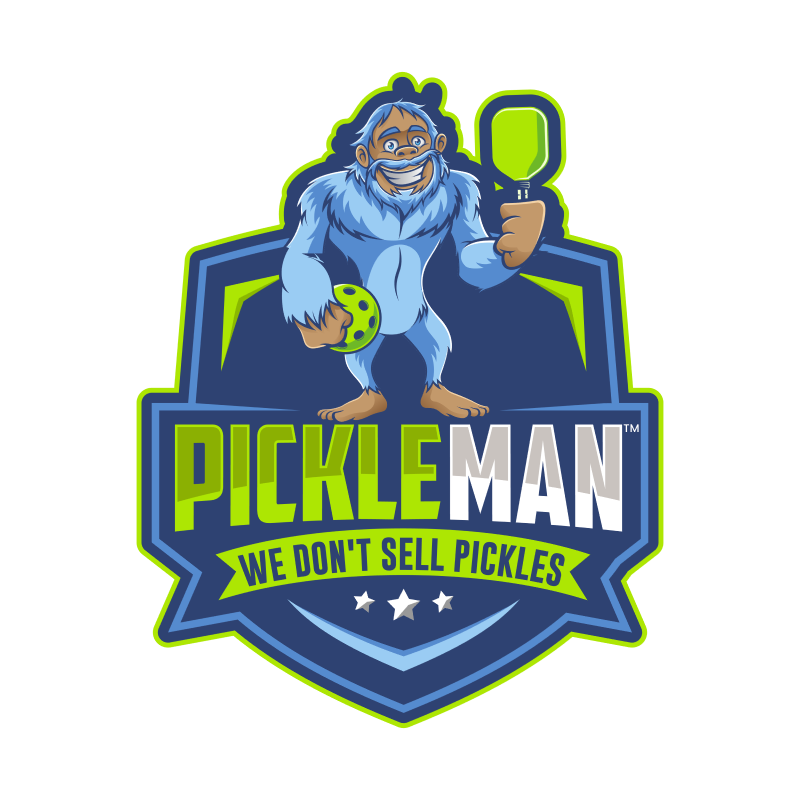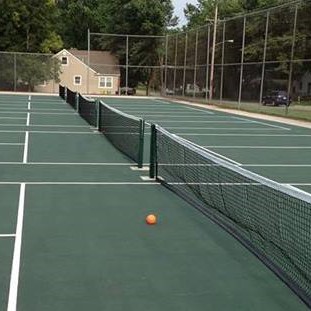Pickleball is, relatively speaking, a new sport created in 1965 on Bainbridge Island, Washington, USA. It was created by three friends – Joel Pritchard, Bill Bell, and Barney McCallum – who were trying to come up with a new game that could be played by both children and adults.
The story goes that the friends had planned a game of badminton, but they couldn’t find the shuttlecock. Instead, they improvised with a perforated plastic ball, similar to a Wiffle ball, and handmade paddles made of plywood from a nearby shed. They set up a makeshift court using a badminton net, and Pickleball was born.
The game was named after Joel Pritchard’s dog, Pickles, who would chase after the ball and hide it in the bushes. However, some sources claim that the game was actually named after a boat called the “Pickle Boat,” which was rowed by competitive rowers in the area.
Pickleball quickly gained popularity in the Pacific Northwest region of the United States, and soon spread to other parts of the country. In 1972, the first Pickleball tournament was held in Seattle, Washington, and by the 1980s, the game had spread across the United States and Canada.
In 1984, the USA Pickleball Association (USAPA) was formed to promote and govern the sport. The USAPA established rules, regulations, and standards for equipment, and organized tournaments and events for players of all skill levels. The organization also developed a rating system for players, which allows them to compete against others of similar skill levels.
Today, Pickleball is played in over 40 countries around the world, with an estimated 3 million players in the United States alone. It has become especially popular among older adults, as it is a low-impact sport that can be played both indoors and outdoors. The sport has also evolved, with new techniques and strategies being developed, and advanced equipment being designed for competitive play.
For a more personal take, enjoy this great video: Pickleball Birthplace Bainbridge Island on the olympicvideonews YouTube channel.


Leave A Comment